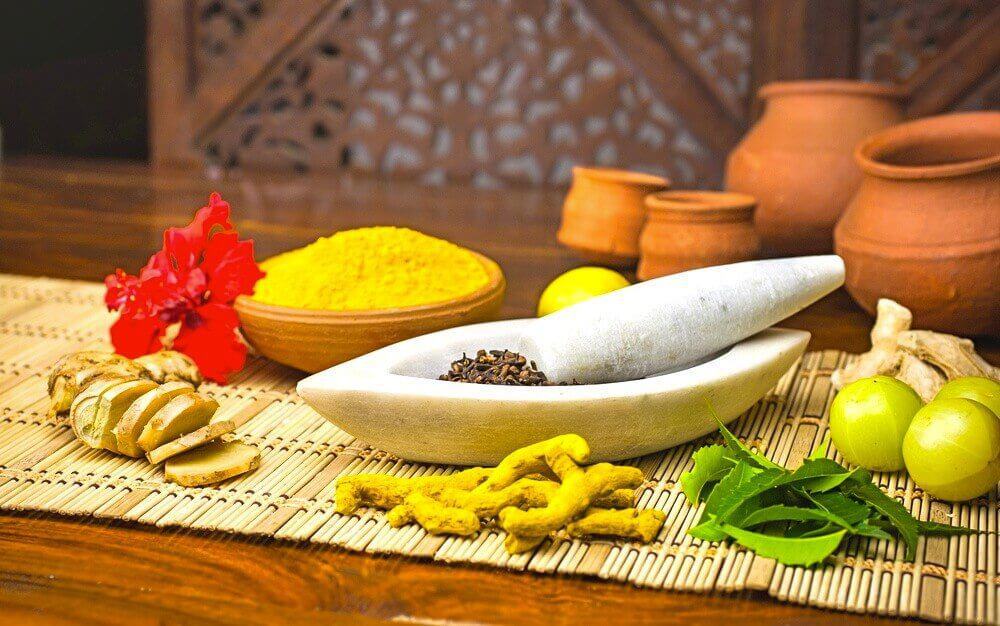Diabetes is the most common lifestyle disorder. The elevation of glucose levels in the blood is known as diabetes. The most accurate method for diagnosing diabetes is HbA1C. The normal value of HbA1C is 4% to 5.5%. Currently, many more medicines are available on the market. Inhaled insulins are also available. The majority of the population chooses herbal medicines to reduce side effects. However, a person with diabetes who intends to take anything for the condition should be under the supervision of a registered medical practitioner. The effectiveness and safety of herbal remedies can vary widely, and they may interact with other medications or have adverse effects.
Commonly used Herbals in diabetes are
Cinnamon
Cinnamon has a positive impact on blood sugar levels by improving insulin sensitivity and reducing insulin resistance. Cinnamon helps increase glucose metabolism and slows down the digestion of carbohydrates. Cinnamon is an antioxidant and also possesses anti-inflammatory properties
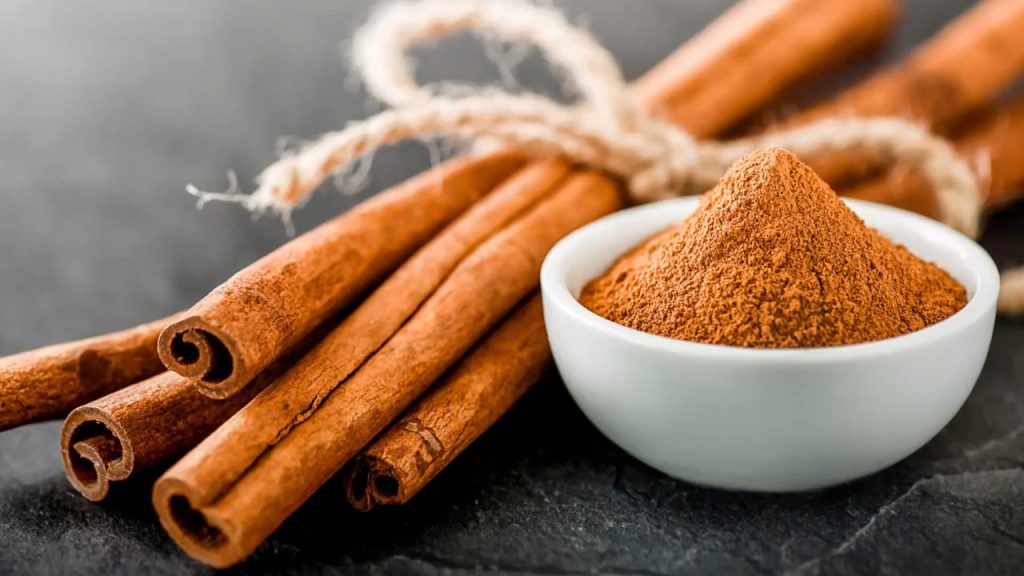
Fenugreek
Fenugreek seeds have potential antidiabetic effects as they may help lower blood sugar levels and improve insulin sensitivity. Fenugreek helps reduce post-meal glucose spikes and also aids in decreasing glycated hemoglobin levels. Additionally, it has anti-inflammatory and antioxidant effects.
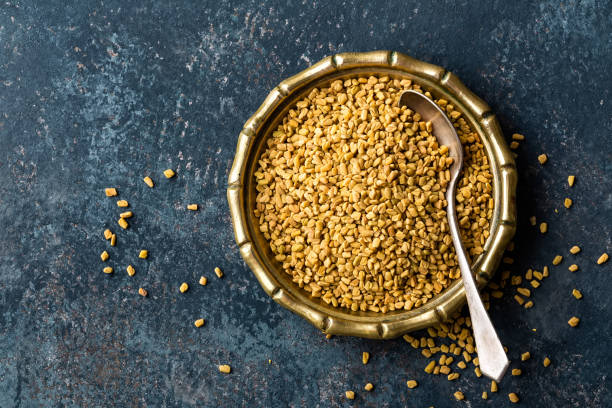
Bitter Melon
Bitter melon, also known as bitter gourd or karela, lives up to its name with its bitter taste. Bitter melon aids in blood sugar regulation. It improves insulin sensitivity, enhancing the body’s responsiveness to insulin and resulting in improved glucose uptake from the bloodstream. Moreover, it stimulates insulin release from the pancreas, which helps lower blood sugar levels. This contributes to better blood sugar control. Bitter melon also inhibits glucose absorption and reduces HbA1c levels, which is a marker of long-term blood sugar control. Additionally, it possesses anti-inflammatory and antioxidant effects.
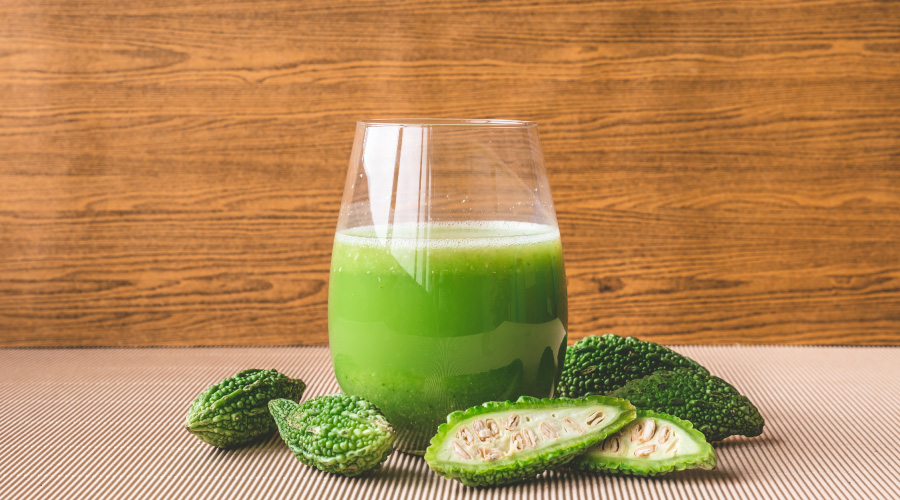
Aloe Vera
Aloe vera is a plant used for its potential health benefits. It possesses blood sugar regulation properties; some studies suggest that aloe vera may help lower blood sugar levels. Compounds within aloe vera, such as glucomannan, phytosterols, and lectins, contribute to improved blood sugar control by increasing glucose uptake by cells and reducing glucose absorption in the intestines. Aloe vera also has wound healing properties. Since diabetes patients often experience slow wound healing, aloe vera can aid in healing wounds among diabetic patients. Additionally, it has antioxidant and anti-inflammatory properties.
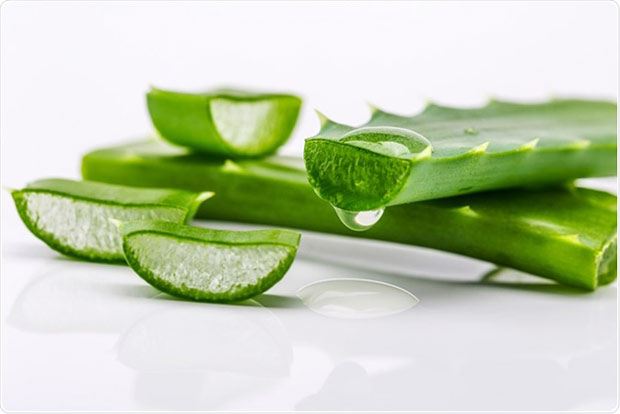
Turmeric
Turmeric is a spice derived from Curcuma longa, known for its vibrant yellow color and distinctive flavor. It contains an active compound called curcumin. Turmeric finds wide usage across various conditions. It aids in glucose metabolism and improves insulin sensitivity. Moreover, turmeric supports the beta function of the pancreas. Curcumin might enhance the function of beta cells in the pancreas, responsible for insulin production. Maintaining healthy beta cell function is crucial for proper blood sugar regulation.
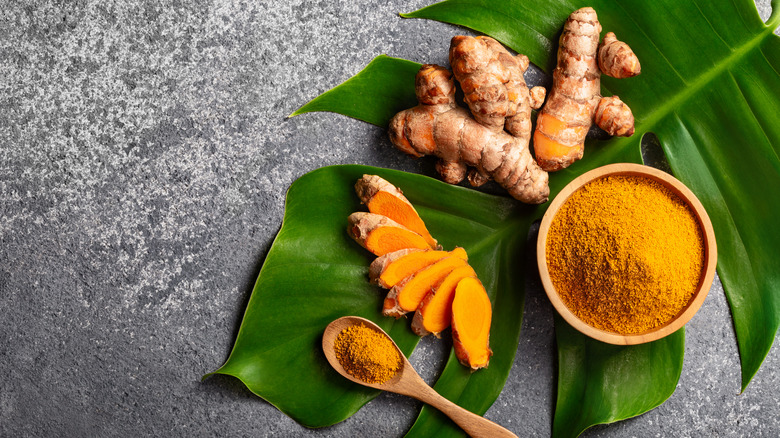
Gymnema Sylvestre
Gymnema Sylvestre is an herb commonly found in India and Asia. This herb is often referred to as the ‘sugar destroyer’ due to its ability to reduce the sensation of sweetness, thus aiding in controlling sugar cravings. It enhances insulin production and reduces sugar absorption in the intestines. The herb also assists in lowering blood glucose levels by reducing sugar absorption. Further research is essential to uncover more benefits and ensure safety.
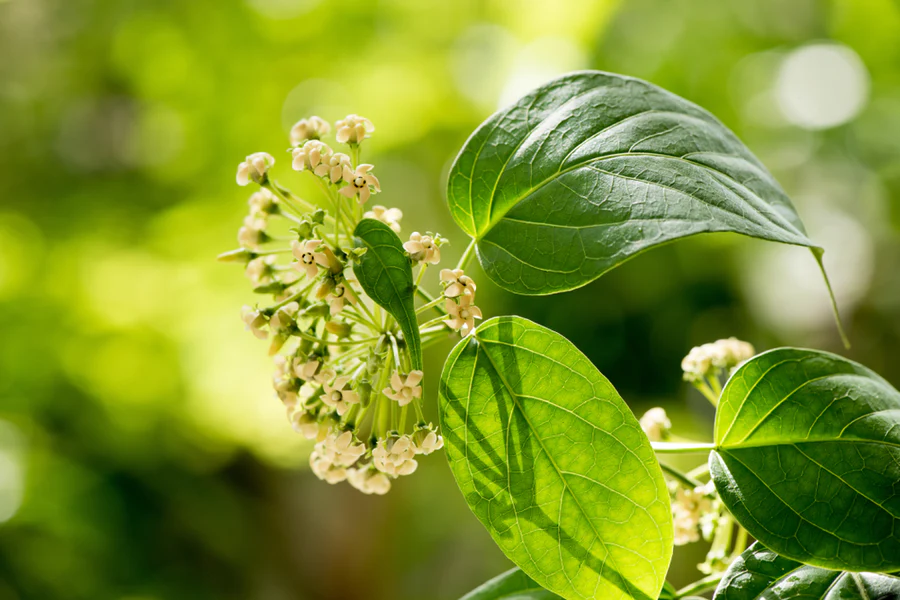
Various herbs are used in diabetes treatment. Incorrect selection of herbs can severely affect health and lead to side effects with numerous negative impacts. Every step in the process of selecting and administering herbs is crucial. The use of medicinal plants should be supervised by a registered medical practitioner.
